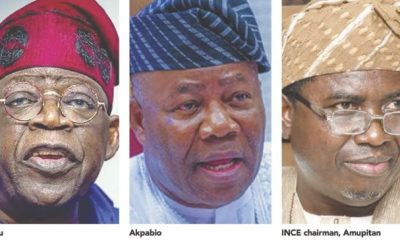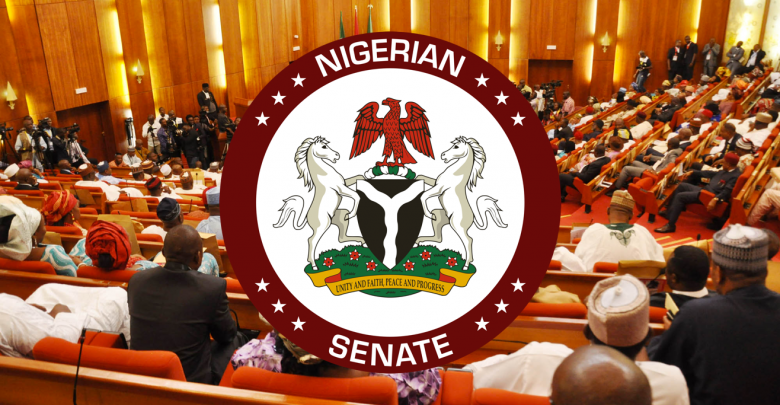The Nigerian Senate on Tuesday succumbed to public agitations and demands for electronic transmission of election results by the Independent National Electoral Commission (INEC).
The Seante had in the passage of the Electoral Act prescribed that INEC may consider the electronic transmission of results “provided national [network] coverage is adjudged to be adequate and secure” by the Nigerian Communications Commission and approved by the National Assembly.
The Senate, in renewed amendment of Clause 52 (2) of the Electoral Act Amendment Bill, decided that “voting at an election and transmission of results under this Bill shall be in accordance with the procedure determined by the Commission, which may include electronic voting.”
The Senate Majority Leader, Yahaya Abdullahi, moved a motion for alterations in the Electoral Act after the Senate Committee on INEC had conducted through review of the Bill, and spotted some fundamental grey areas that needed fresh legislative action. The Seante Majority Leader identified clauses 43, 52, 62, 87 for review.
Section 87 stipulates the method of primaries to be adopted by political parties.
The Senate in earlier amendment of the electoral act, had held that parties should adopt either direct or indirect primaries.
Senator Adamu AlIero argued for direct primaries, saying it will strengthen and deepen democracy and will make the electoral process transparent.
Senator Smart Adeyemi opposed Aliero, declaring support for indirect primaries.
Senator Adeyemi was of the view that indirect primaries is better for the country because the majority of party members are illiterate, and they will need enlightenment if they are enlisted as delegates for party congresses or conventions to election candidates for elections. He maintained that indirect primaries are cheaper to conduct.
The senate, however, repealed the section to select a specific method of primaries for parties after considering the INEC Committee report.

 Comments and Issues1 week ago
Comments and Issues1 week ago
 Comments and Issues1 week ago
Comments and Issues1 week ago
 Comments and Issues7 days ago
Comments and Issues7 days ago
 Health6 days ago
Health6 days ago
 Comments and Issues7 days ago
Comments and Issues7 days ago
 Education1 week ago
Education1 week ago
 News3 days ago
News3 days ago
 Aviation7 days ago
Aviation7 days ago

